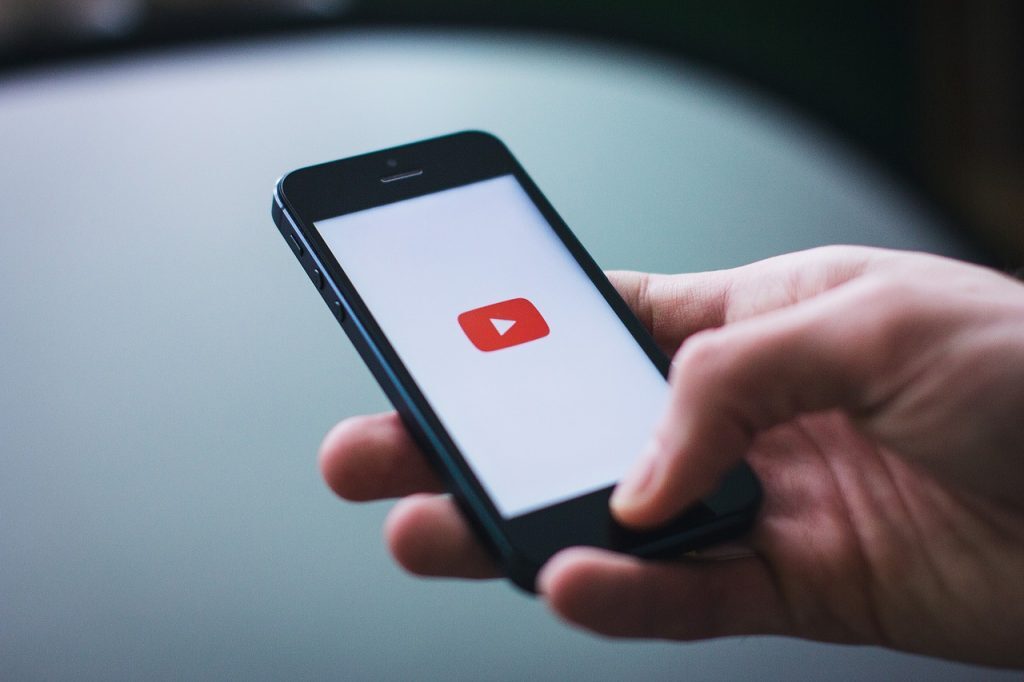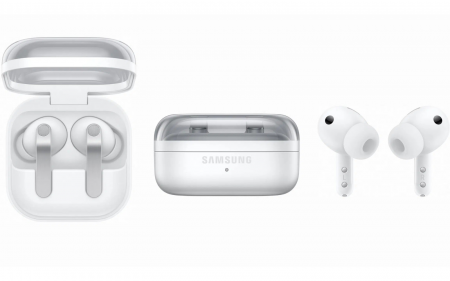YouTube, clearly tired of the reputation it’s earned for hosting one of the most toxic, putrid wastelands on the internet, will start asking users whether they really want to share their comments with creators. A blog post put out by YouTube has highlighted the addition of a feature that will flag potentially offensive comments and prompt the writer to introspect by asking them if they actually want to share it.
Which, we all know, will change absolutely nothing at all.
YouTube is using some kind of AI system to detect potentially harmful comments which is pulling from a database of reported comments that were removed due to their offensive nature. If the feature detects a comment as being potentially offensive, the prompt will display and then the user is allowed to go ahead and post it anyway.
YouTube’s War on Meanness
Perhaps the better part of this feature update is the overhaul of the comment filtering service for creators. Now when creators want to monitor and filter out all the garbage on a video of theirs, the filter will automatically flag inappropriate comments and remove them so that they can be easily ignored. Which is certainly a godsend for all those creators who still have the energy to trawl through comments.
While YouTube is no stranger to toxicity in the comments section, the platform seems to struggle with it even more lately. Apparently, YouTube has removed over 46 times more hate speech comments on a daily basis from the start of 2019 than ever before. Which is less a problem with YouTube and more an issue with where we’re at as a society. Hey, maybe let’s just be nice to one another?
As pointless as the prompt to ask people to reflect on their words is, it’s at least a step in the right direction. Honestly, it seems like an unsolvable problem. How does YouTube even go about creating an environment where every second comment isn’t someone abusing the creator? It’s a Sisyphean chore and one that will likely never be solved. At least YouTube is also giving creators the tools to better look after themselves, which is the biggest advantage of this feature update.
There’s no confirmed date of rollout for the update but we do know that more information will be released in early 2021.
(Source: The Verge)





